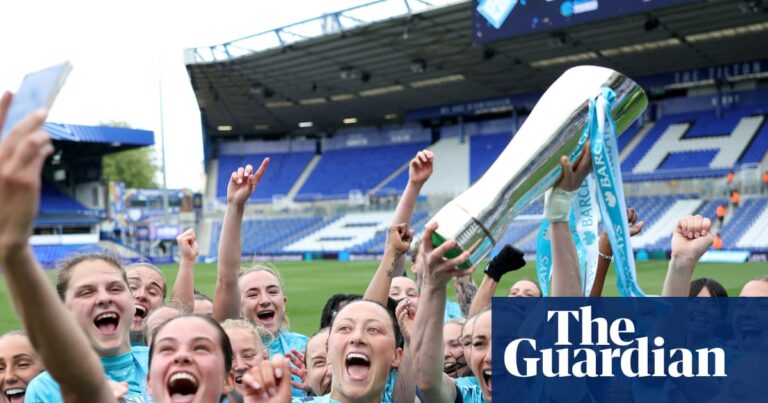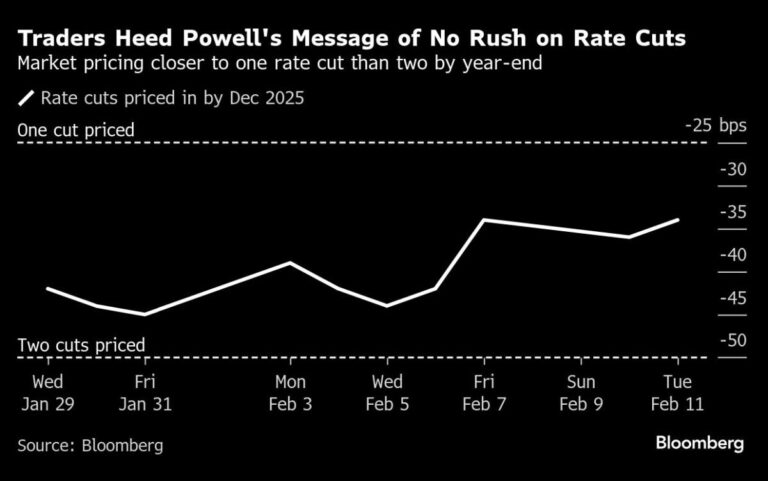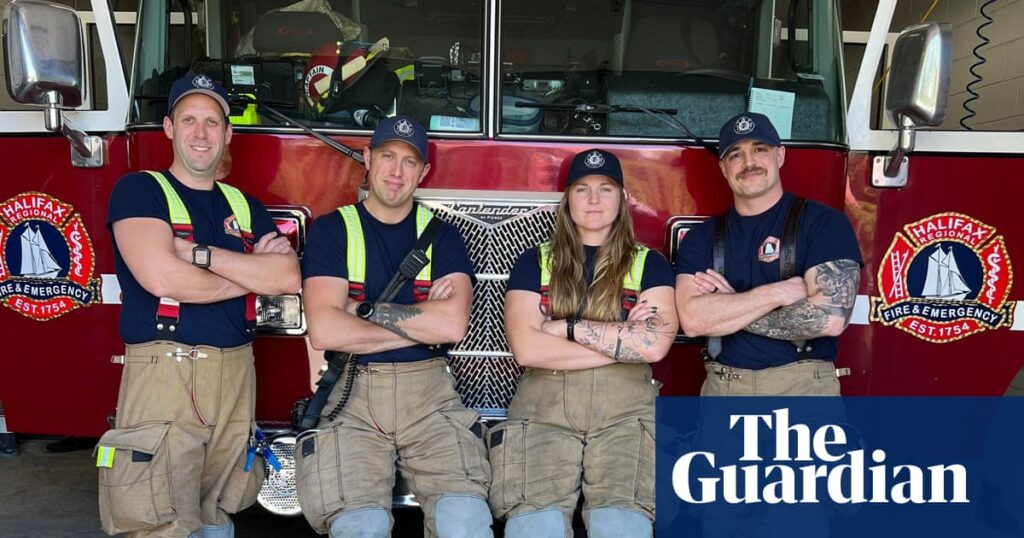
When the women’s Rugby World Cup starts next week 512 players from 16 squads will have a chance to represent their country on the sport’s biggest stage. It will be a proud moment for all but perhaps none will deserve it more than the part-timers who have to juggle playing rugby with jobs outside the sport to make ends meet.
Among many diverse life stories are the tales of three props: the Canadian firefighter Olivia DeMerchant, the Brazilian tattoo artist and animator Samara Vergara, and the Samoan property manager and mother of four Denise Aiolupotea.
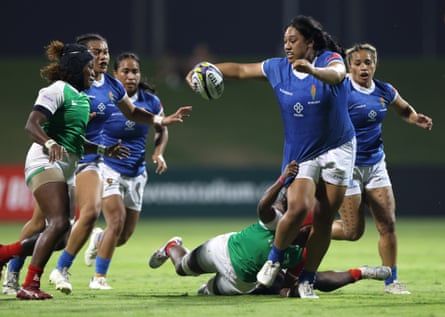
“I really wanted to be a part of it after being part of the Dubai team who qualified [at WXV 3]. It’s definitely a challenge and not easy being away from home, we miss milestones and the children miss us like crazy, but they are also so proud to see us on that world stage.”
DeMerchant, who will be paid by Canada during the World Cup, has been a firefighter since 2023 and will be competing at her fourth tournament.
Before her first World Cup, she did “odds and ends” jobs to fit around rugby before moving to a physio clinic and then firefighting. “I really like the team aspect of firefighting,” says DeMerchant, who plays for Halifax Tars and previously had a spell at Exeter Chiefs. “I really like working with others for the same goal. Problem solving with firefighting is something that is really valid. I like helping my community, I enjoy working as a team and problem solving is something that is always fun.”
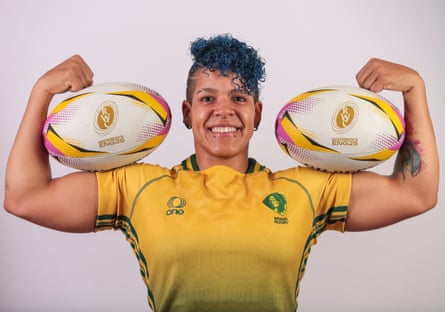
Vergara, who plays for Pasteur in São Paulo, is self-employed, which makes scheduling easier but more stressful in other areas. She will receive some pay from the Brazilian union during the tournament but says: “I won’t lie, it’s not easy. There’s always the worry that I might not find a temporary job that fits with the athletic schedule. So it’s very, very hard but we do what we have to do. It’s really hard. Sometimes I have to prioritise rugby because we have a lot of training sessions and physiotherapy. It’s difficult.”
Vergara, who recently tattooed some of her international teammates, says it can take a toll on her mental health but that Brazil have psychologists to support the players. The prop speaks to other players who are in a similar position.
Such an experience is common across the tournament. All three players, and many like them, balance early mornings, late nights, work and training. Their stories reflect a sport moving towards full professionalism. Though they come from different countries and careers, they arrive in England with a shared goal: competing for the World Cup.

